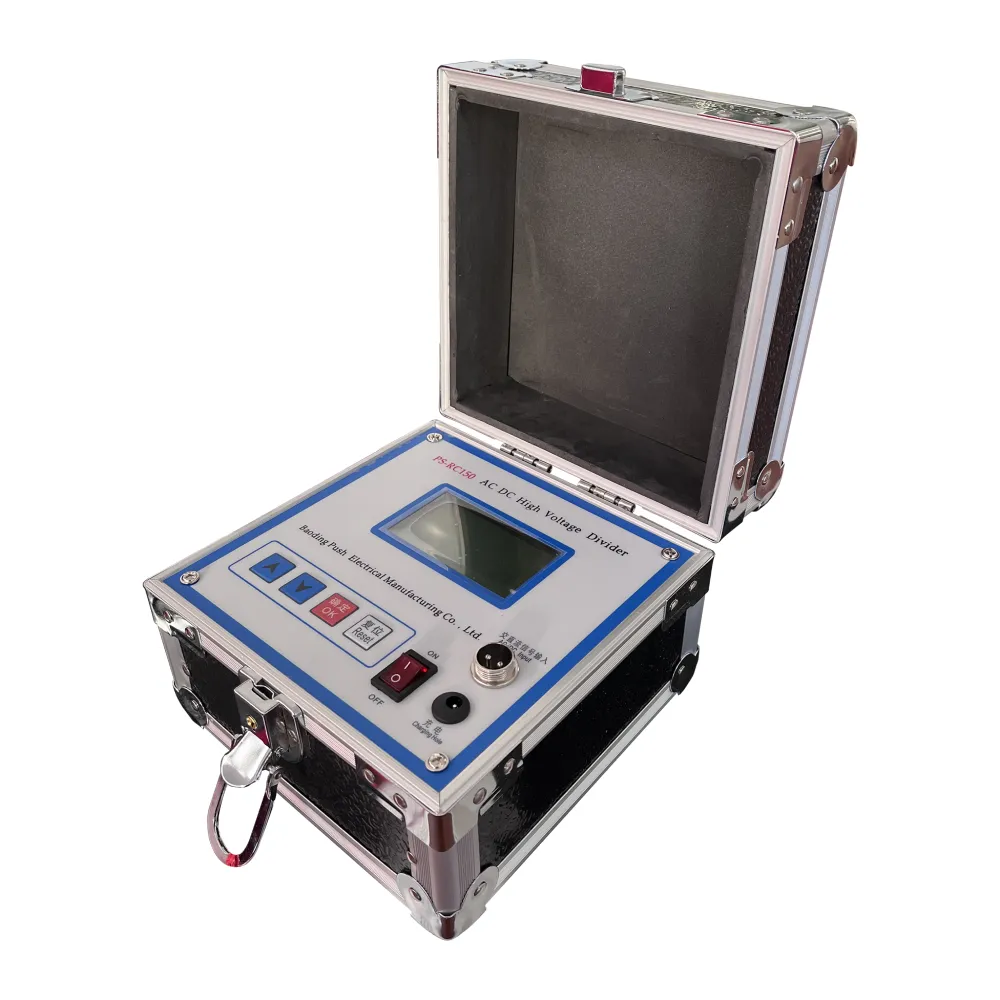TEL:
+86-0312-3189593
 English
English

Telephone:0312-3189593

Email:sales@oil-tester.com

-
 Afrikaans
Afrikaans -
 Albanian
Albanian -
 Amharic
Amharic -
 Arabic
Arabic -
 Armenian
Armenian -
 Azerbaijani
Azerbaijani -
 Basque
Basque -
 Belarusian
Belarusian -
 Bengali
Bengali -
 Bosnian
Bosnian -
 Bulgarian
Bulgarian -
 Catalan
Catalan -
 Cebuano
Cebuano -
 China
China -
 China (Taiwan)
China (Taiwan) -
 Corsican
Corsican -
 Croatian
Croatian -
 Czech
Czech -
 Danish
Danish -
 Dutch
Dutch -
 English
English -
 Esperanto
Esperanto -
 Estonian
Estonian -
 Finnish
Finnish -
 French
French -
 Frisian
Frisian -
 Galician
Galician -
 Georgian
Georgian -
 German
German -
 Greek
Greek -
 Gujarati
Gujarati -
 Haitian Creole
Haitian Creole -
 hausa
hausa -
 hawaiian
hawaiian -
 Hebrew
Hebrew -
 Hindi
Hindi -
 Miao
Miao -
 Hungarian
Hungarian -
 Icelandic
Icelandic -
 igbo
igbo -
 Indonesian
Indonesian -
 irish
irish -
 Italian
Italian -
 Japanese
Japanese -
 Javanese
Javanese -
 Kannada
Kannada -
 kazakh
kazakh -
 Khmer
Khmer -
 Rwandese
Rwandese -
 Korean
Korean -
 Kurdish
Kurdish -
 Kyrgyz
Kyrgyz -
 Lao
Lao -
 Latin
Latin -
 Latvian
Latvian -
 Lithuanian
Lithuanian -
 Luxembourgish
Luxembourgish -
 Macedonian
Macedonian -
 Malgashi
Malgashi -
 Malay
Malay -
 Malayalam
Malayalam -
 Maltese
Maltese -
 Maori
Maori -
 Marathi
Marathi -
 Mongolian
Mongolian -
 Myanmar
Myanmar -
 Nepali
Nepali -
 Norwegian
Norwegian -
 Norwegian
Norwegian -
 Occitan
Occitan -
 Pashto
Pashto -
 Persian
Persian -
 Polish
Polish -
 Portuguese
Portuguese -
 Punjabi
Punjabi -
 Romanian
Romanian -
 Russian
Russian -
 Samoan
Samoan -
 Scottish Gaelic
Scottish Gaelic -
 Serbian
Serbian -
 Sesotho
Sesotho -
 Shona
Shona -
 Sindhi
Sindhi -
 Sinhala
Sinhala -
 Slovak
Slovak -
 Slovenian
Slovenian -
 Somali
Somali -
 Spanish
Spanish -
 Sundanese
Sundanese -
 Swahili
Swahili -
 Swedish
Swedish -
 Tagalog
Tagalog -
 Tajik
Tajik -
 Tamil
Tamil -
 Tatar
Tatar -
 Telugu
Telugu -
 Thai
Thai -
 Turkish
Turkish -
 Turkmen
Turkmen -
 Ukrainian
Ukrainian -
 Urdu
Urdu -
 Uighur
Uighur -
 Uzbek
Uzbek -
 Vietnamese
Vietnamese -
 Welsh
Welsh -
 Bantu
Bantu -
 Yiddish
Yiddish -
 Yoruba
Yoruba -
 Zulu
Zulu
sty . 14, 2025 11:16
Back to list
pour point tester
Pour point testers, essential in industries dealing with lubrication and fuel oils, evaluate a fluid's lowest temperature at which it remains pourable. These sophisticated devices are critical for ensuring the functionality of lubricants and fuels under extreme cold conditions. From aerospace engineers to automotive experts, the need to understand and control pour points is universal. With years of hands-on experience and authoritative insights, understanding the real benefits and selecting the right device can significantly impact operational efficiency and product reliability.
Beyond technical specifications, the choice of a pour point tester must align with the operational scale and specific requirements of the industry. Laboratories demand high throughput capabilities, thus should invest in models supporting simultaneous testing of multiple samples. Alternatively, for field applications, portable testers that offer robust build and simplified operation could be more suitable. Whatever the context, prior in-depth analysis and possibly consulting with a supplier expert can lead to a purchase that ticks all necessary boxes for performance and dependability. Building trust in pour point measurements extends to ensuring that personnel operating these devices are well-trained. Comprehensive training not only avoids errors but also optimizes the process, cutting down testing time and increasing overall lab productivity. Manufacturers often provide training-focused services or resources that can become invaluable assets in cultivating competent operational teams. In summary, when it comes to pour point testers, expertise in proper selection, combined with authoritative knowledge on operation and maintenance, culminates in reliable and trustworthy testing. This empowers industries to navigate weather challenges confidently, upholding product quality standards in the global market.


Beyond technical specifications, the choice of a pour point tester must align with the operational scale and specific requirements of the industry. Laboratories demand high throughput capabilities, thus should invest in models supporting simultaneous testing of multiple samples. Alternatively, for field applications, portable testers that offer robust build and simplified operation could be more suitable. Whatever the context, prior in-depth analysis and possibly consulting with a supplier expert can lead to a purchase that ticks all necessary boxes for performance and dependability. Building trust in pour point measurements extends to ensuring that personnel operating these devices are well-trained. Comprehensive training not only avoids errors but also optimizes the process, cutting down testing time and increasing overall lab productivity. Manufacturers often provide training-focused services or resources that can become invaluable assets in cultivating competent operational teams. In summary, when it comes to pour point testers, expertise in proper selection, combined with authoritative knowledge on operation and maintenance, culminates in reliable and trustworthy testing. This empowers industries to navigate weather challenges confidently, upholding product quality standards in the global market.
Previous:
Latest news
-
Testing Equipment Industry Sees Major Advancements in 2025: Smart & Precision Technologies Lead the WayNewsJun.06,2025
-
Applications of Direct Current Generators in Renewable Energy SystemsNewsJun.05,2025
-
Hipot Tester Calibration and Accuracy GuidelinesNewsJun.05,2025
-
Digital Circuit Breaker Analyzer Features and BenefitsNewsJun.05,2025
-
Benefits of Real-Time Power Quality Monitoring Devices for Industrial EfficiencyNewsJun.05,2025
-
Earth Fault Loop Testing in High-Rise Building Electrical SystemsNewsJun.05,2025



